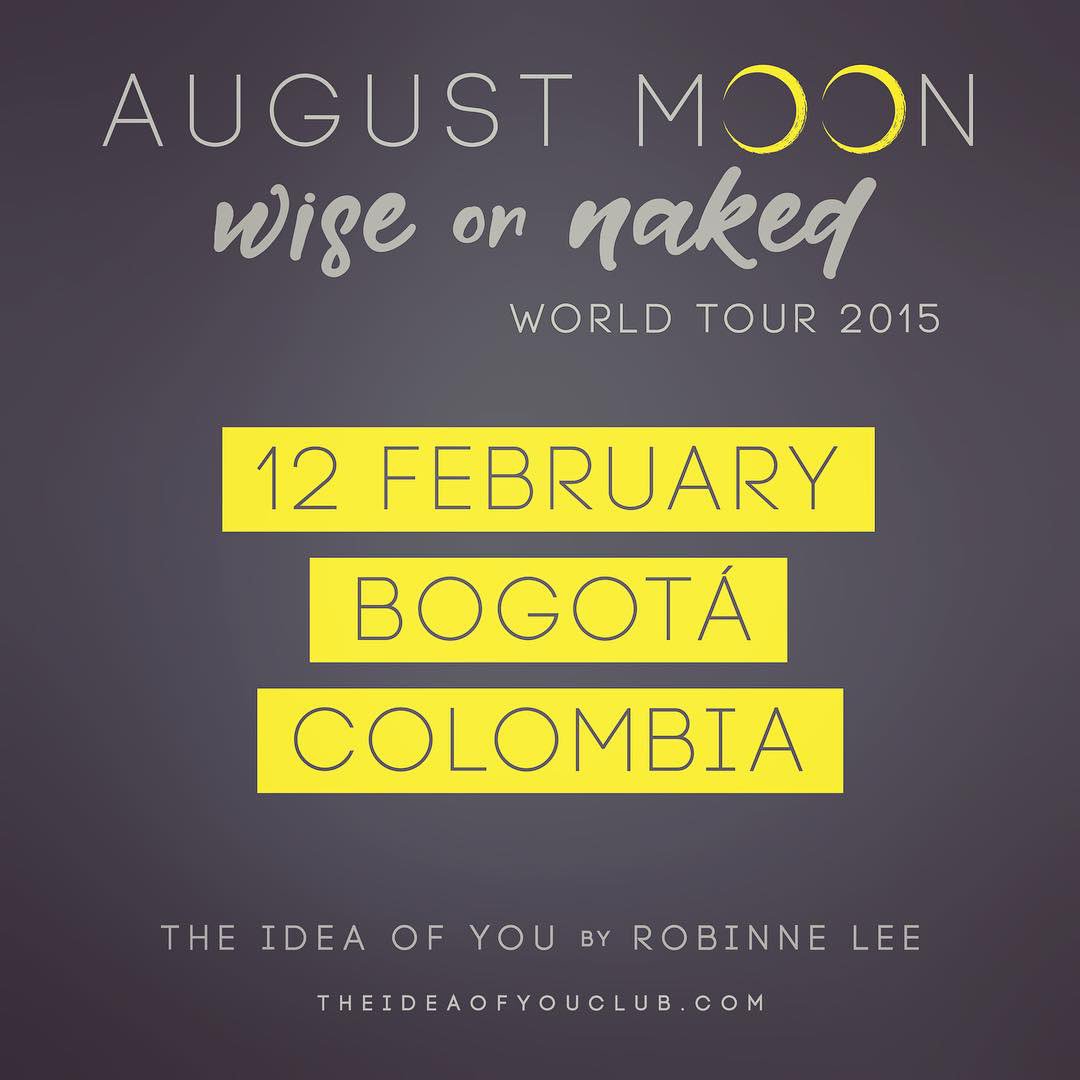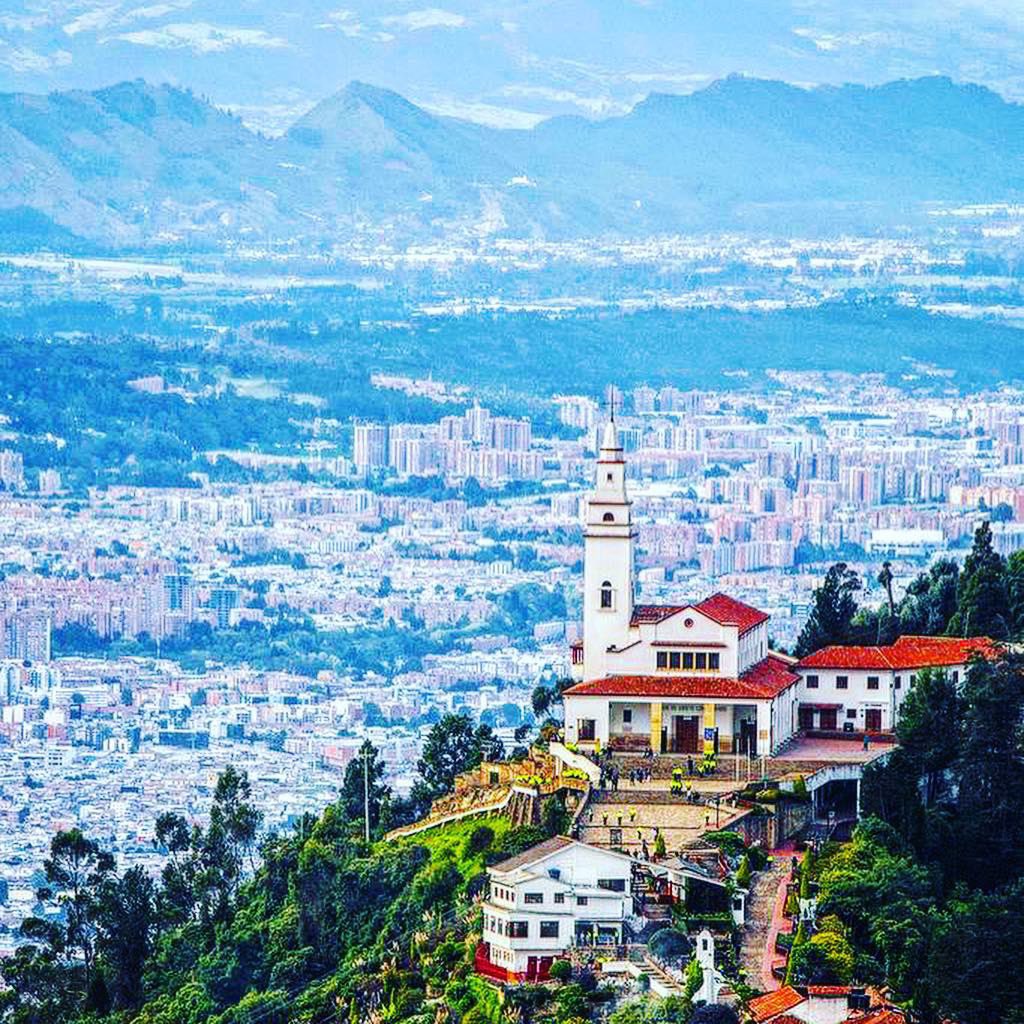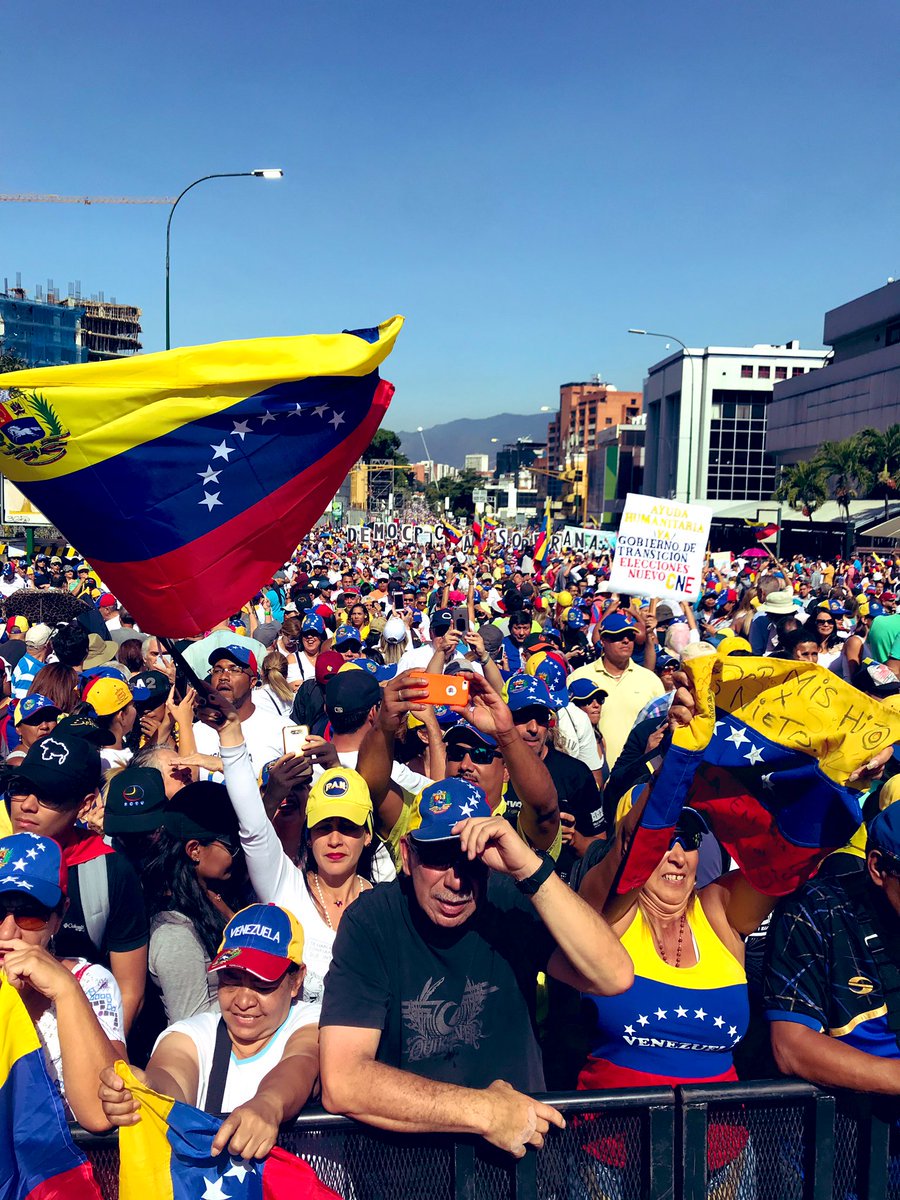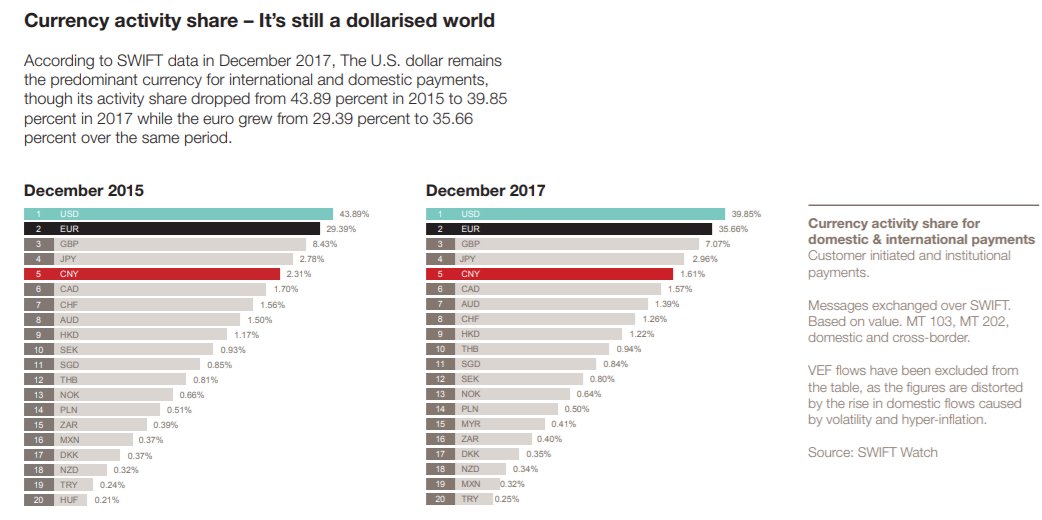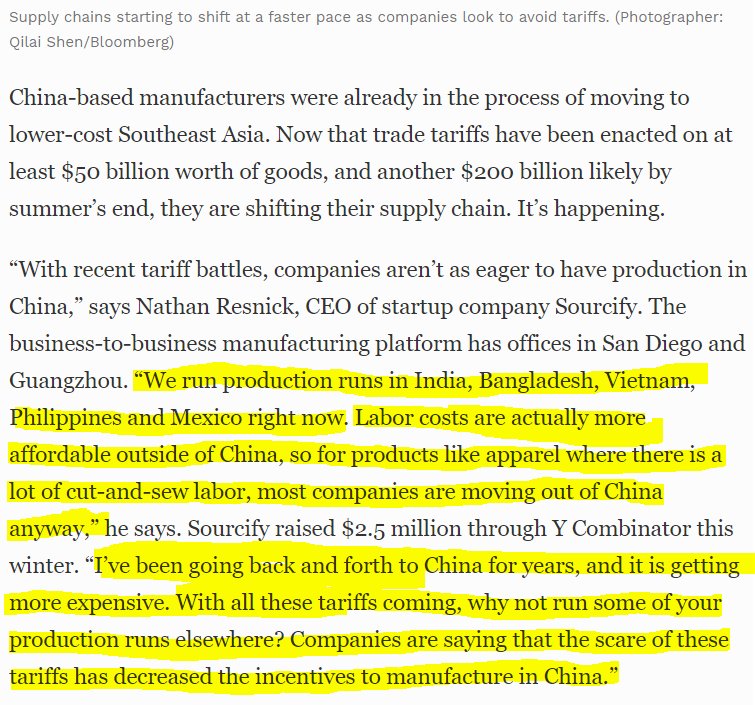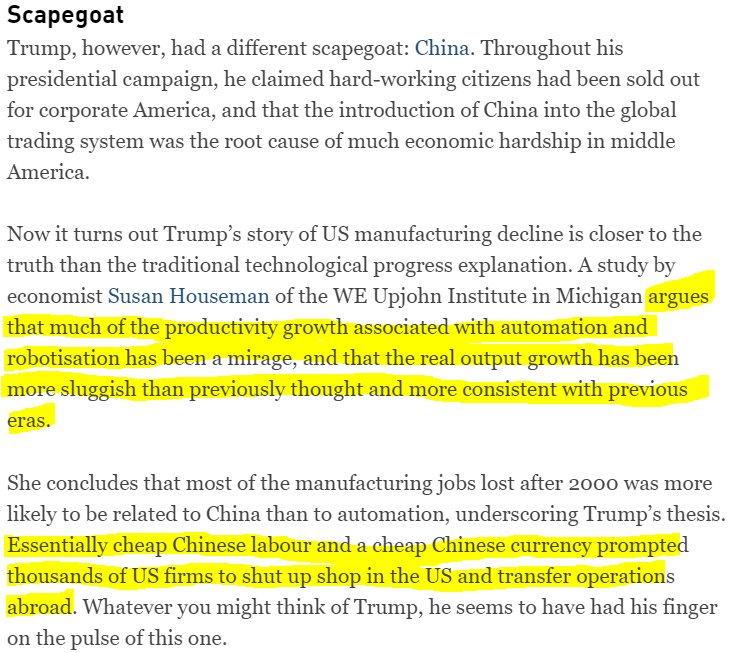Bushfires have hit coastal communities (swollen with holiday tourists) a few hrs south of us - thousands of people trapped on beaches or on boats by fires, in areas where all the roads are now blocked off.
- There is no power, limiting gas stations' ability to offer fuel
- Gas stations are running out of fuel
- Even roads that are open have terrible visibility bc smoke
- Drinking water is getting contaminated with ash
- People evacuated to the beach or ocean quickly, with limited food and water supplies
- Supermarkets have no power, and can't get supplies because of blocked roads, so their inventory is limited
- No power means no landlines or wifi
- Many mobile towers are down (although telcos are working hard to get them back up)
Misinformation spreads. Govt authorities communicate via town hall meetings in the dark. Some ppl can use Twitter.
But America has Katrina, preppers, and a broken relationship between police and vulnerable communities.
How can communities implement emergency comms infrastructure, that everybody can use? What is actually being implemented now? (No futuristic blockchain mesh networks, unless my grandma can use them, thanks)
Coverage like this saves lives (over time).
msn.com/en-au/news/aus…


